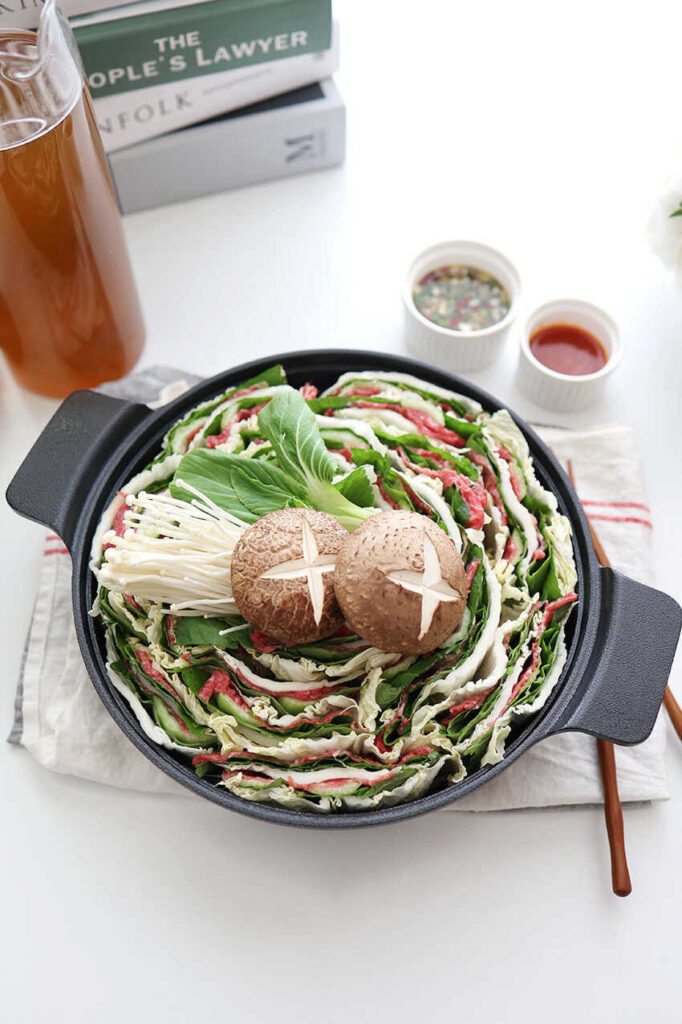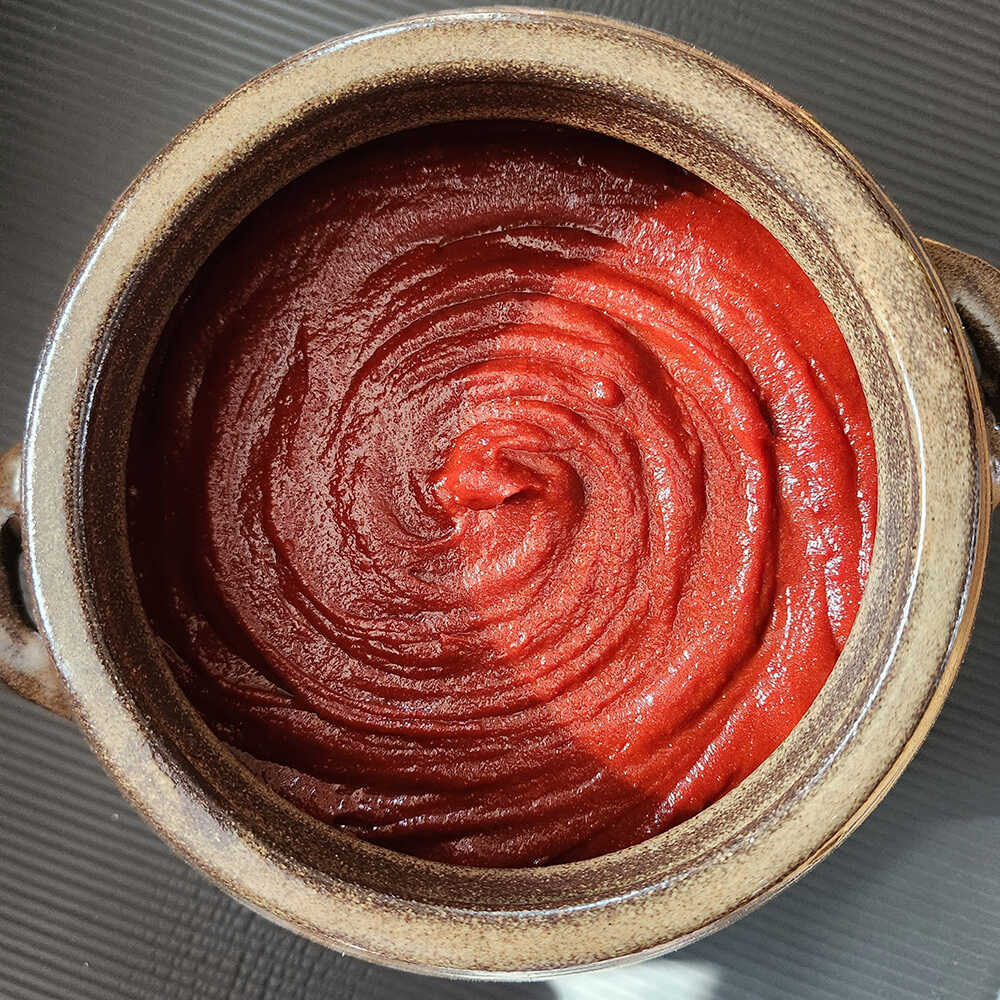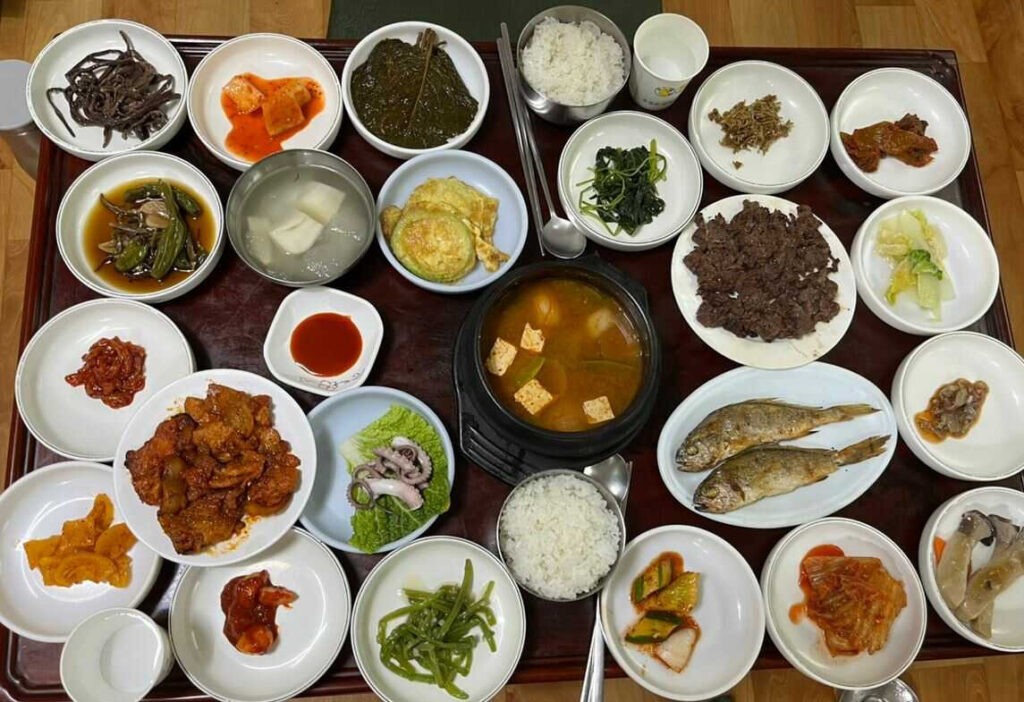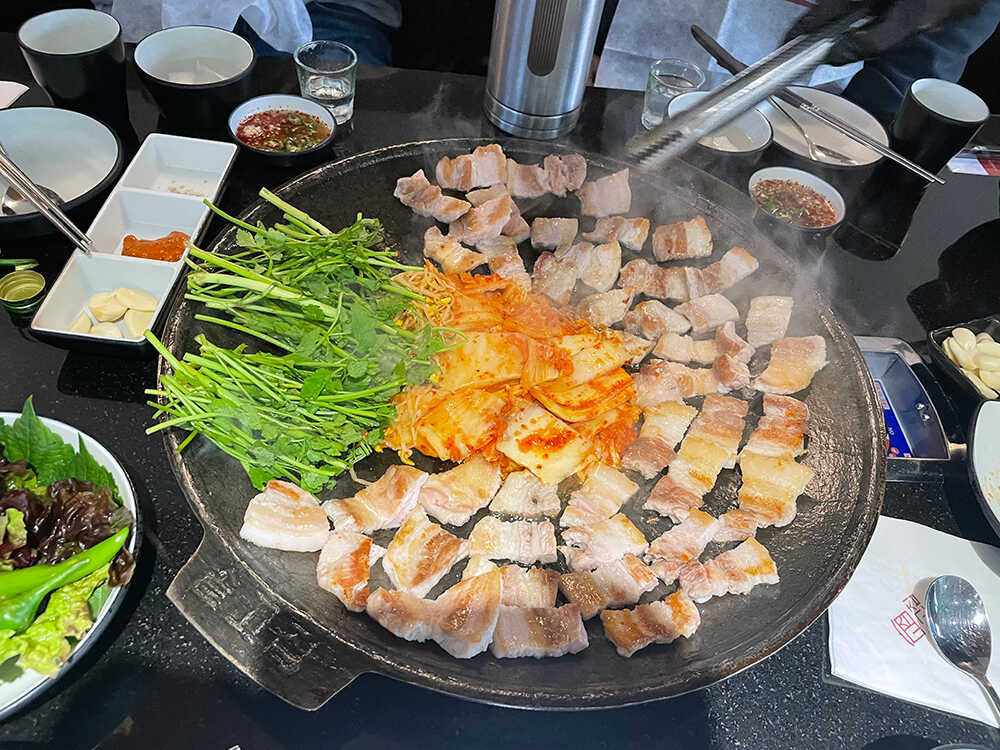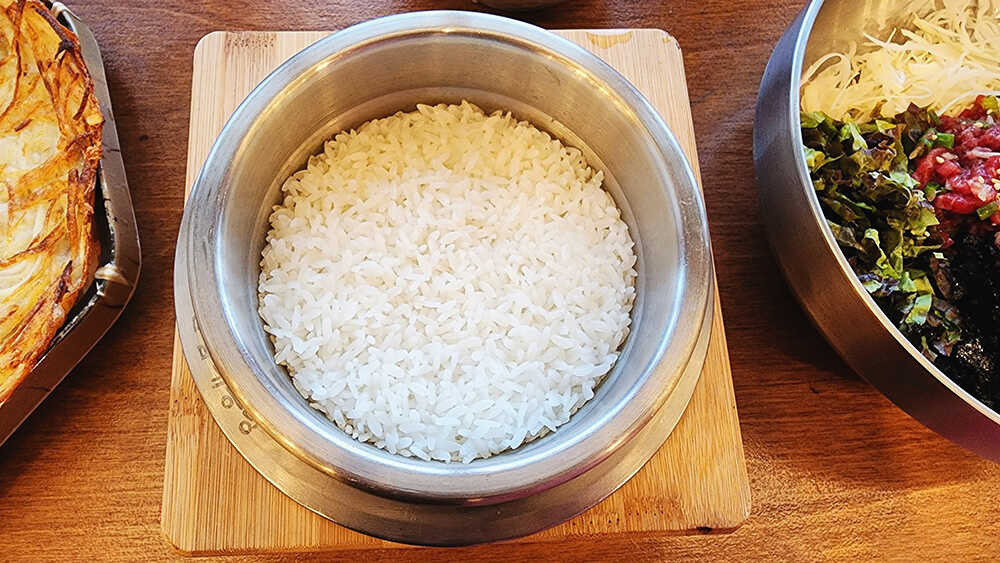One of the most common questions asked by foreign travelers planning to visit Seoul is, “How many days do I need to explore Seoul?” In this blog, I’ll answer this question.

1-2 days : Exploring Central Seoul
If you have limited time, you can still see the highlights of Seoul in 1-2 days. Sights to see include Gyeongbokgung Palace, Insadong, Namsan Tower, Myeongdong shopping street and a walk along the Han River.

3-4 days : A Deeper Dive into Seoul
For a more in-depth exploration of Seoul, consider spending 3-4 days. In addition to the attractions mentioned above, you can explore Itaewon, Hongdae (around Hongik University), Seocho-dong and the various shops, restaurants and cafes in the Gangnam area.
5-7 days : Culture and Food Exploration
To immerse yourself in Seoul’s culture and cuisine, spend 5-7 days or more. You can attend traditional Korean art performances, take Korean cooking classes, experience hanbok (traditional Korean clothing) and immerse yourself in Korean culture.
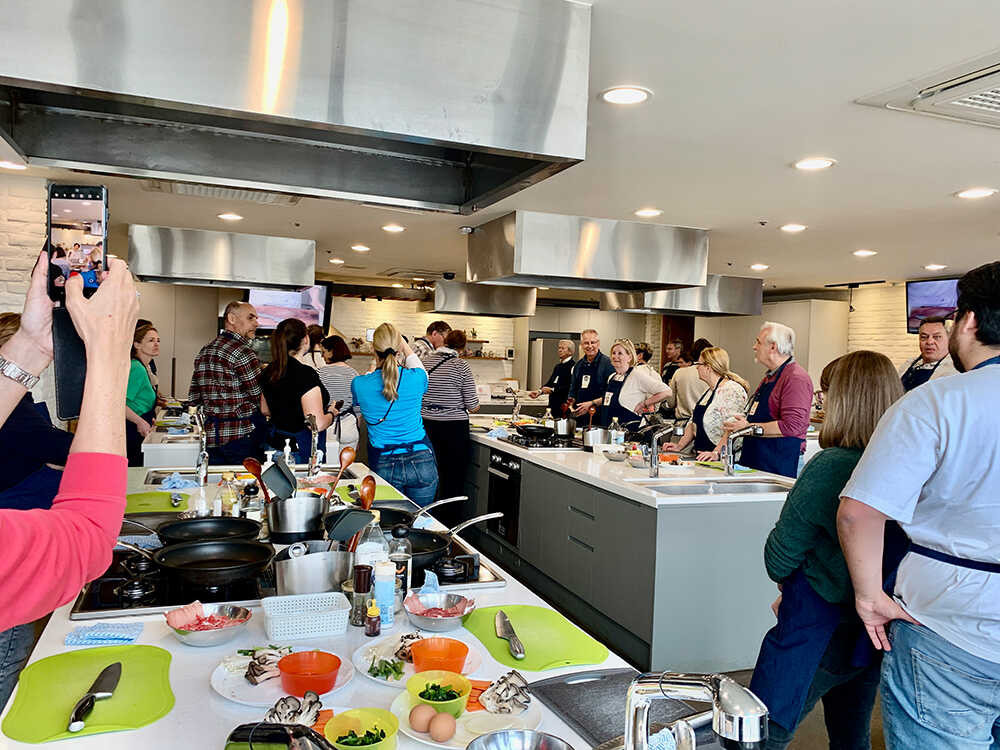
More than 1 week: A Complete Korean Experience
If you want to explore all of Korea, starting in Seoul and extending to Gwangju, Busan, Gyeongju, Jeju Island and beyond, you’ll need at least two weeks or more for a comprehensive Korean experience.
In summary, the length of your trip will depend on many factors, including your travel goals and interests. Tailor your Seoul itinerary to the number of days you have available, and make the most of your visit by exploring Seoul’s diverse offerings.


